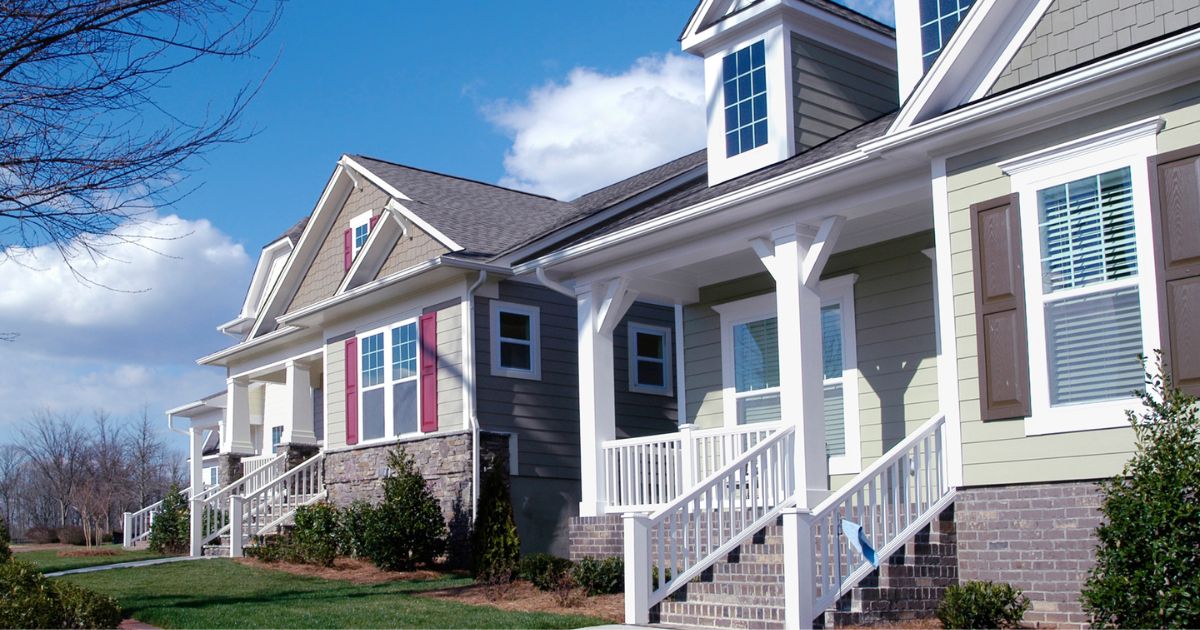What Are the Study Reserve Requirements in Maryland?

The Maryland House Bill 107 was passed in 2022 and established statewide funding and reserve requirements for condominium associations, cooperatives, and HOAs to undertake regular reserve studies of common area components. The bill is in response to the Champlain Tower South condominium collapse in Surfside, Florida.
The new legislation mirrors what was similarly passed in Montgomery County and Prince George’s County in previous years. It provides that all condominiums, cooperatives, and HOAs whose common components have a combined purchase and installation cost of at least $10,000 require an independent reserve study.
What Are the Timelines Involved in the Study Reserve Requirements?
The independent reserve study must be updated every five years. If an initial study is the most recent reserve study, an association has three fiscal years after the year the initial study was completed to attain the annual funding level provided by the study. A community or association that had a reserve study conducted on or after October 1, 2018, must have the reserve study updated within five years from the date of that study and every five years going forward. If a reserve study was not done on or after October 1, 2018, one must be completed no later than October 1, 2023. That study must also be updated every five years thereafter.
It is important to note that the deadlines to comply with reserve study requirements depend on each community’s location. Prince George’s County associations were required to comply effective 10/1/2021. Montgomery County associations were required to comply by 10/1/2022, while all other associations have until 10/1/2023 to be in compliance with the new legislation.
Who Can Prepare a Reserve Study?
Maryland House Bill 107 establishes qualifications for those preparing a professional reserve study. A reserve study must be prepared by an individual who meets specific criteria to comply. The professional must have at least one of the four following criteria:
- Prepared at least 30 reserve studies within the prior three calendar years.
- Participated in preparing at least 30 reserve studies within the prior three calendar years while employed by a firm that prepares reserve studies.
- Be a licensed architect or professional engineer.
- Hold a reserve specialist or professional reserve analyst designation.
How Is Maryland House Bill 107 Monitored or Enforced?
While it is still uncertain how the reserve study requirements will be monitored or enforced, a Board has a clear fiduciary duty to its constituents. Forgoing the reserve study when required, not meeting the funding recommendations outlined in the reserve study, or otherwise not following the provisions outlined in Maryland House Bill 107 is considered a breach of fiduciary obligations. Delaying the process has led many associations to experience underfunded reserves, deferred maintenance, and difficulty getting their operations back on track. It is advisable to consult with an experienced real estate lawyer when dealing with any compliance or regulatory real estate matter.
Annapolis Real Estate Lawyers at Oliveri & Larsen Provide Quality Legal Services and Guidance in All Real Estate Matters
Our Annapolis real estate lawyers at Oliveri & Larsen are here to assist with your questions or concerns. Call us at 410-295-3000 or contact us online to schedule an initial consultation. Located in Annapolis, Maryland, we serve clients in Ocean City, Anne Arundel County, Baltimore County, Baltimore City, Calvert County, Harford County, Howard County, Queen Anne’s County, St. Mary’s County, Worcester County, Kent County, and the upper and lower Eastern Shores of Maryland.
